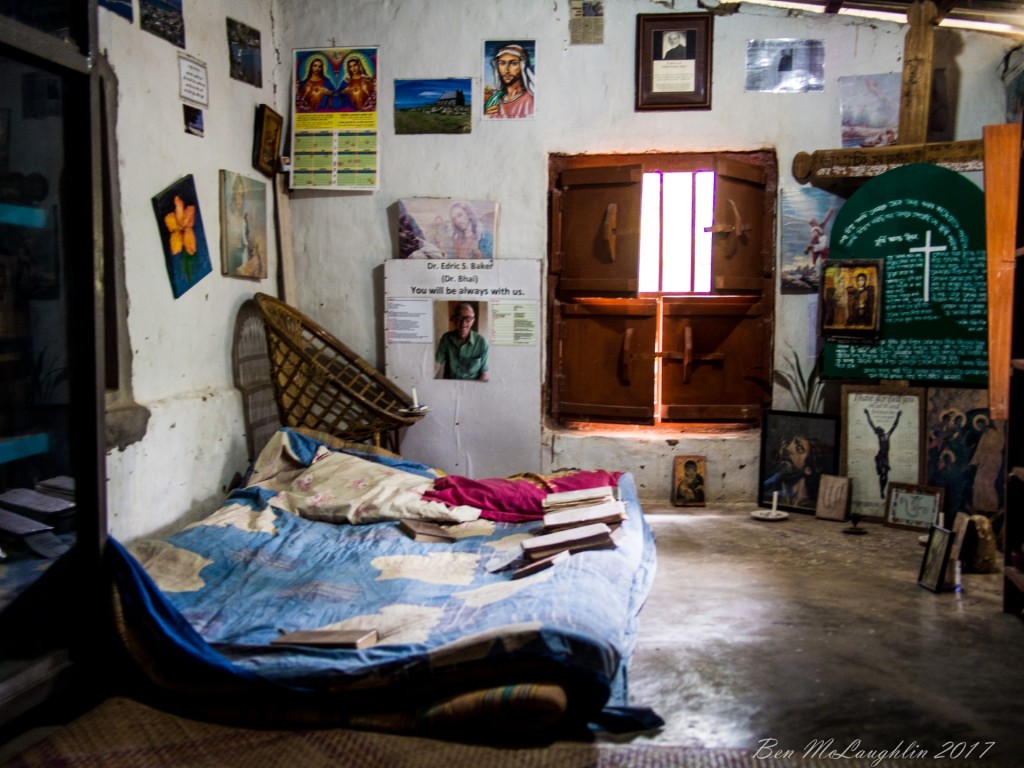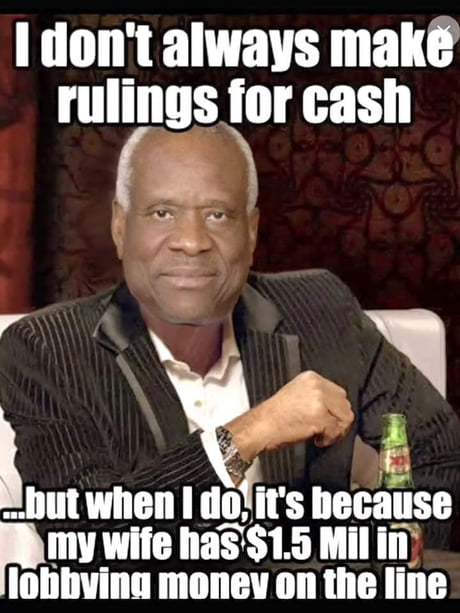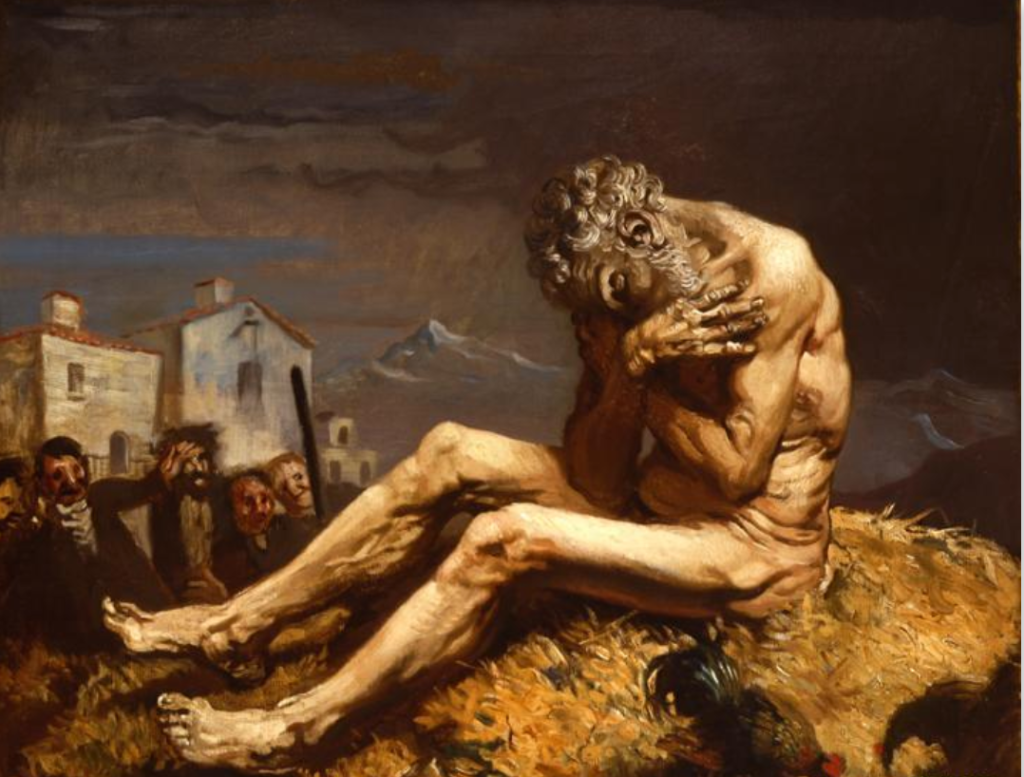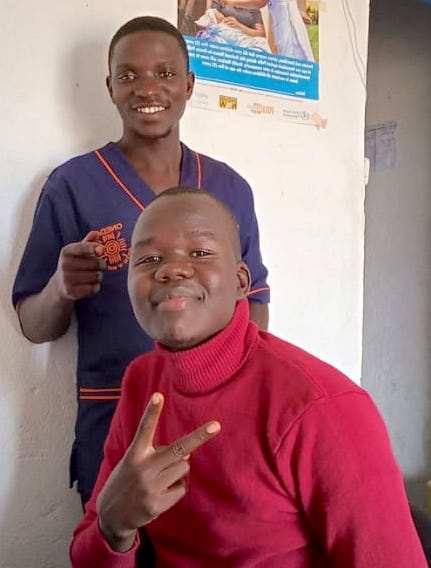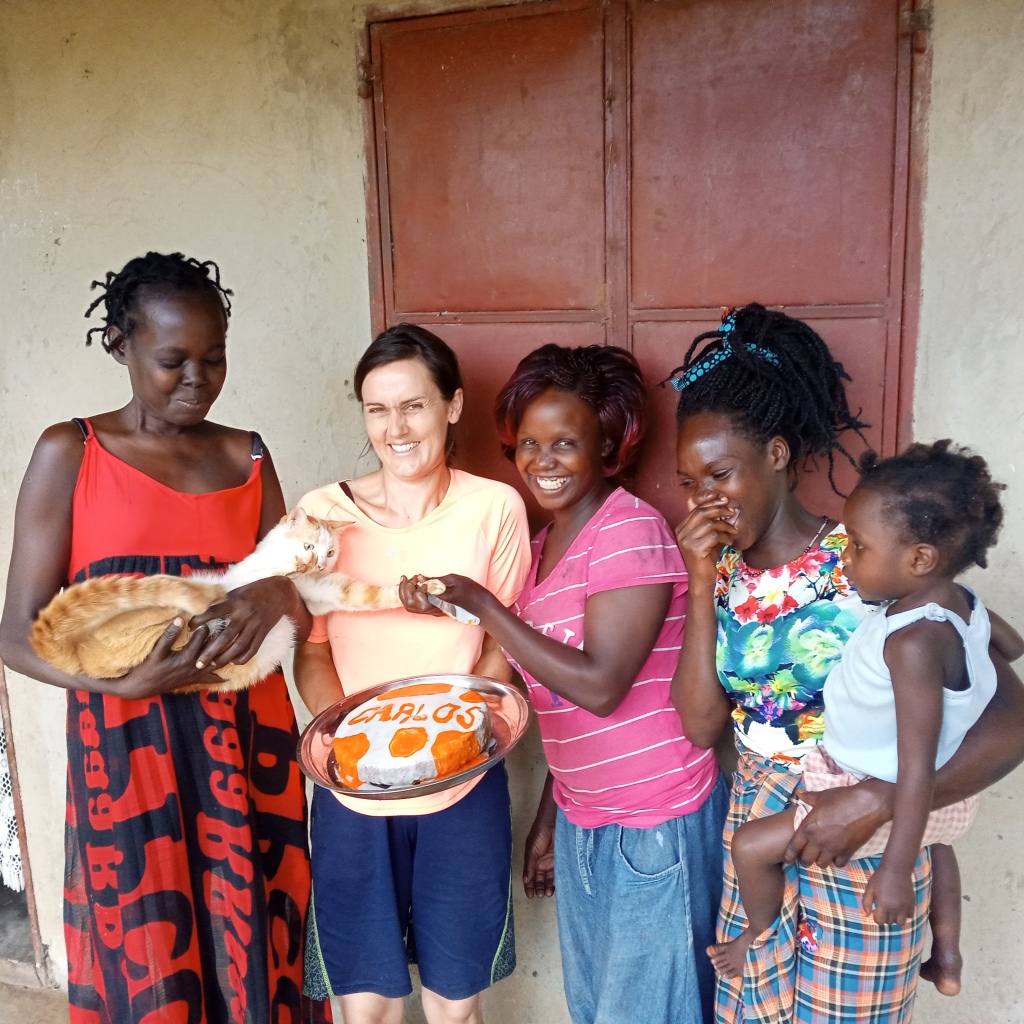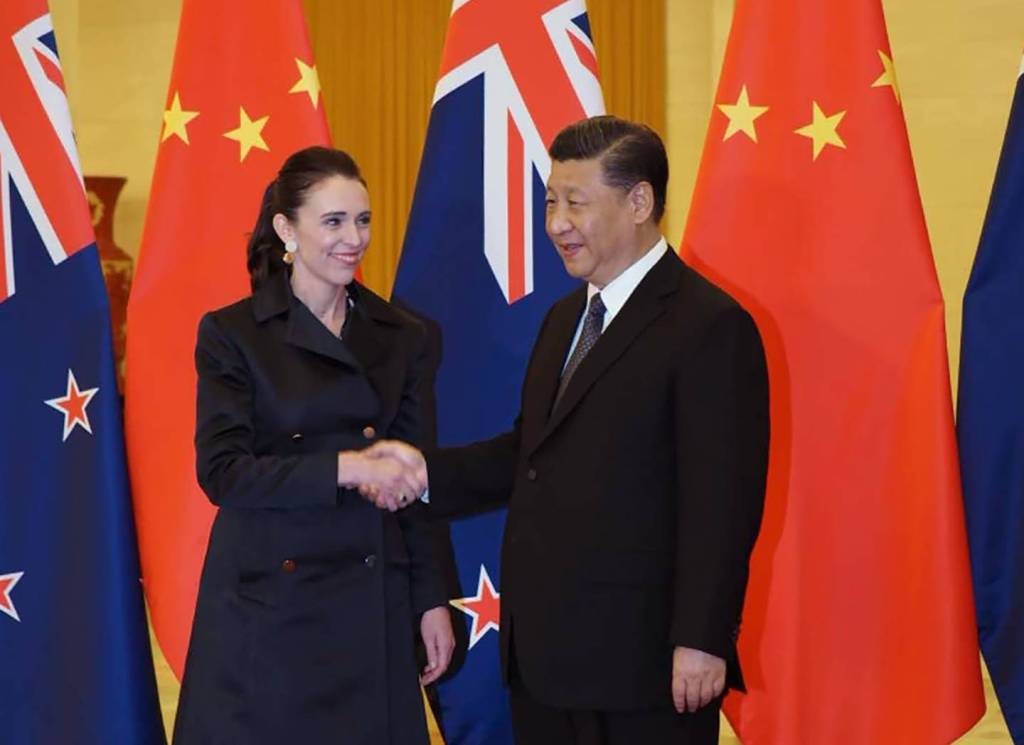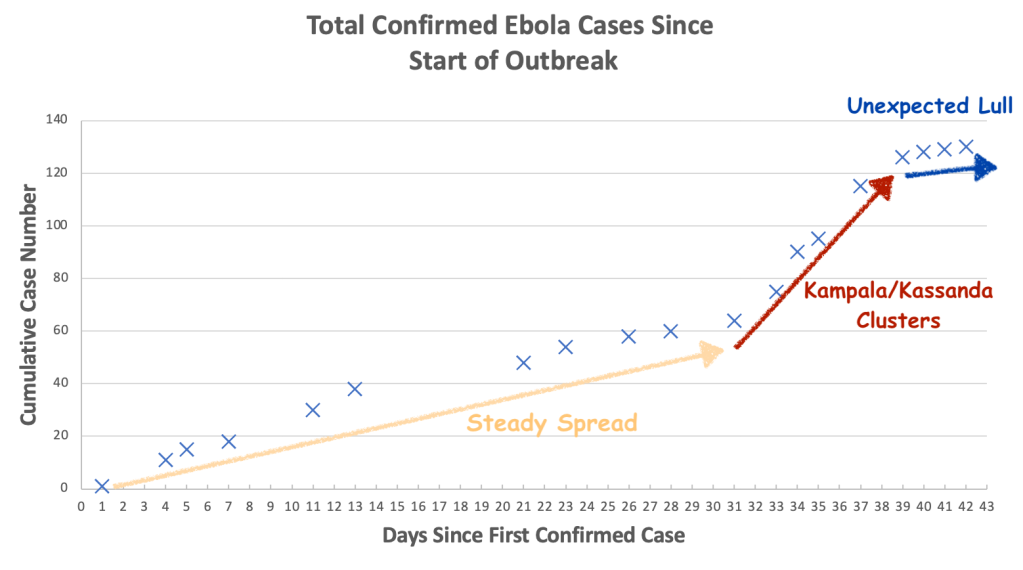Every year I get less politically aligned. Rather than thinking in a “left vs right” paradigm, I like to analyse individual policies, based where possible on evidence of whether they have work or not in other countries rather than whether I instinctively like them. Many policies that sound great and are popular (such as a wealth tax and removing GST on fruit and vegetables) have failed to work in multiple countries already, so are unlikely to work in Aotearoa (New Zealand) as well. My bent is always towards policies that help those who are struggling or ignored – I believe in the “preferential option for the poor”.
I would love to hear your thoughts as well in the comments. Feel free to be savage in your disagreement and yell explicatives at me accross the ocean to Uganda :D!
Here are 2 policies from each party that I think would make New Zealand a better place
The Opportunities Party
Teal Card
Government policies have become less ambitious and wild over the last 50 years, but not this one. Young adults have the lowest voter turn outs, so governments don’t pay them much attention, despite our young people of today probably being the first modern generation to perhaps be poorer than their parents. Enter TOP with a “Teal Card” which provides under 30 year olds with fully funded public transport, a $1500 credit towards e-bikes, free dental care and counselling and $5000 of free money which can be put towards study or Kiwisaver.
I LOVE it.

Land Tax
“We recognise that a Land Value Tax is a big policy change for a culture and economy based on home ownership. But it’s the right thing to do. Our dysfunctional housing market is slowly separating our country into have & have not’s and holding back our economic potential. We owe it to the generations of Kiwis who come after us, to change it now.”
Economists generally agree that if you want to tax wealth, a land tax might be the best option. Even Milton Friedman the hard right economist called land tax “the least bad tax”. Unfortunately the Green party general wealth tax sounds great on the surface, but has failed to work well across Europe, causing rich people to flee to tax havens and costing huge amounts to administer. The easy and more palatable option of increasing the tax on high income earners also fails to tax where the real wealth lies – property and capital.
Unfortunately most people don’t like the idea of a land tax, because they have to pay the tax out of pocket every year, while every other tax happens automatically. This makes the tax feel unfair and hard. No major party would suggest something this unpopular, so it won’t happen even though other countries like Australia, England and the U.S.A all use this efficient tax. Sometimes democracy fails us!
National
No Phones in School
This policy would mean kids would not have access to their phones during the school day. This idea has gained traction around the world with 1 in 4 countries already banning phones in school, up from 1 in 7, five years ago. The theory is obvious – less digital distraction could lead to more concentration and better learning. Evidence here is mixed, but a recent UNESCO report favoured banning the phones, and a Spanish study showed a positive effect on learning in the regions that implemented the ban. This policy does invoke strong opinions, which makes it harder to look at the evidence rather than our own emotions!
A new Medical School in the Waikato
We need to train more doctors, and Aotearoa is unusual for a country our size in only having two medical schools. Scotland has the same population as us and has 5 Medical schools. Australia has 5 times our population yet has 10 times the number of medical schools (21). Adding one more school seems reasonable and could also widen the base for medical research and innovation.
Labour
Free basic dental care for under 30-year-olds
This policy is unusually ambitious from a major party, as it will cost a LOT of money. I like that the policy only covers checkups, cleaning, and basic fillings and extractions, leaving out more complicated and expensive procedures like braces which don’t produce as much benefit per dollar spent. Dental care is inexplicably not part of New Zealand’s public health system, and what better time than now to bring it into the fold. If the program is equitably distributed, the policy should also disproportionately help lower socioeconomic groups who suffer a higher burden from dental problems than the middle class.
Expand 20 hours Early childhood education to 2 year olds
More investment in early childhood remains is one of the most cost-effective invesetmets society can make. Small improvements in early-life brain development impact the rest of our lives and therefore have a huge positive flow on effect to our society. I don’t’ know if this particular policy is the best way to invest, but more money focused on early childhood education will probably improve inequality, wellbeing and boost New Zealand’s future.
One disclaimer heree is that New Zealand’s early childhood provider system has become over-privatised and inefficient, witha the world economic forum ranking us as the most expensive in the developed world. Owners of early childhood centers skim off huge profits while often not paying teachers well. If we do pour more money into early childcare education, we need to find a better way to spend the money.

ACT
Cut 10,000 Beaurocratic Public service jobs
Five years ago in 2017, New Zealand had 47,000 Public service jobs. In the last 5 years, this has grown by 27% to an astonishing 61,000 while our population has barely changed. At the same time the public service has grown, outcomes in areas such as Healthcare and Education have stagnated or worsened. The average salary of this sector is $91,000 so we wouldn’t be cutting low wage jobs and disadvantaging lower income people. Scrapping these jobs could save around 1 billion dollars, which could fund free dental care and free early childhood education down to 2 years. But of course ACT wouldn’t do that ;).
With increased capabilities of technology and the ability of AI language models to make beaurocratic work faster and easier, I see no reason why the public service needs to get bigger. Smart people in these ministries should be able to increase efficiency and almost work themselves out of a job through clever use of automation.
Four Year parliamentary Term
“A four-year term is something nearly everyone agrees with, but nobody has the courage to actually campaign for. It’s time to make it happen” – Act Policy page
A three year election cycle leaves little time to both pass important laws, implement them well and give time to see whether policies are a success or failure. A longer cycle also means politicians spend more time actually working on making our country a better place, and less time campaigning and raising money. Most countries in the world have 4-5 year election cycles. I think there is general consensus that a 4 year election cycle is better, so why not make it happen. Maybe while they are at it they can lower our silly 5% party threshold as well.
Green Party
End Factory farming
The sheer weight of suffering caused by factory farming is hard to fathom. Us humans who claim to be modern and “progressive” should take a hard look at ourselves and not tolerate farming methods which cause animals to suffer and have net-negative lives. New Zealand has made progress, banning sow stalls and battery hen cages – but there’s still a long way to go.
Tax Free Threshold of 10,000 dollars (Also Te Pati Maori and TOP)
It seems mad that people still pay 10% tax on the first $10,000 they earn in Aotearoa . Though evidence is scarce on the benefits this policy can encourage people to get into work and improve the lot of low income earners in general. In fact $10,000 isn’t even that ambitious, we would just be catching up with much of the developed world. Australia already has a a18,000 dollar tax free threshold, England 12,000 pounds and Germany 10,000 Euros. Why didn’t we do this long ago?
Te Pāti Māori
Change New Zealand’s name to Aotearoa and Replace all place names to their Māori ingoa.
This will add richness, mana and meaning to our whenua. This change needs to be a sensitive and slow-ish process to minimise the inevitable loud objections and confusion, but the upsides are many and varied. Maori language will get an automatic leg up, all of us will more readily connect to our history and Maori culture, and our new “Aoteoaroa” name will boost our around the world. If somehow Te Pati Maori hold the balance of power I hope this policy gets serious consideration.
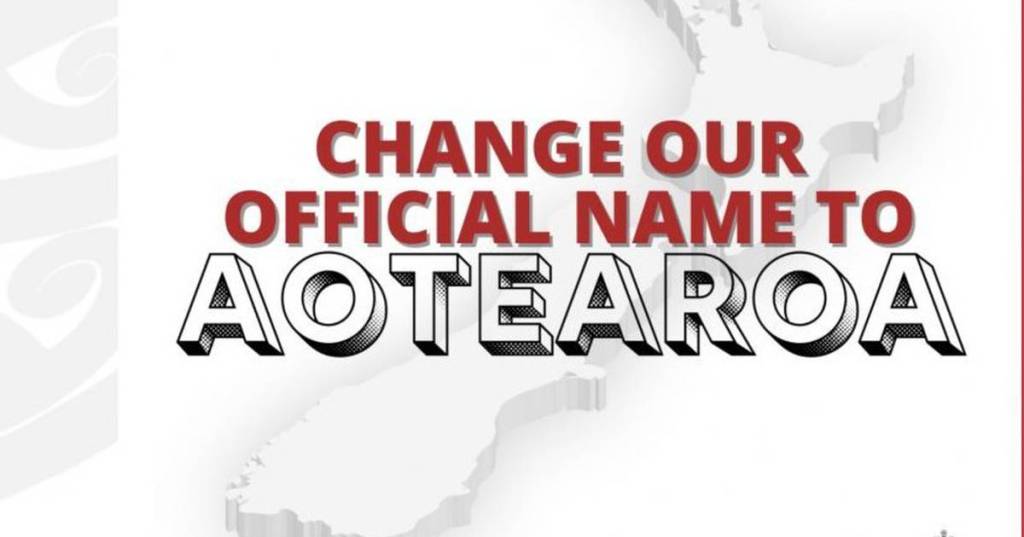
Stop all sales of freehold land to offshore foreign interests
Not One More Acre!
Foreigners buying land in New Zealand only helps rich people, through increasing house prices and giving large scale land owners better options to sell. With our current oppressive housing market, this policy which hardly hurts people and could lower price a little is a bit of a no-brainer. Half of the world already doesn’t allow rich foreigners to buy land, and labour already got us halfway there with a partial ban in 2018. Why not go all the way and ban it completely?
Again feel free to disagree and I’d love to hear your favourite policies in the comments as well!


